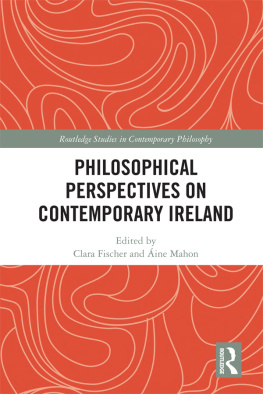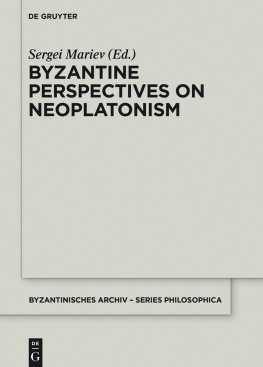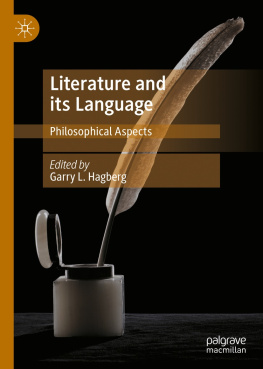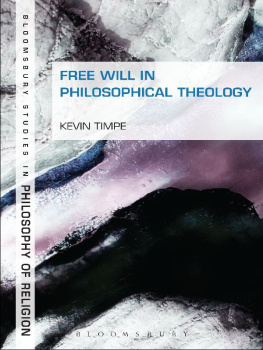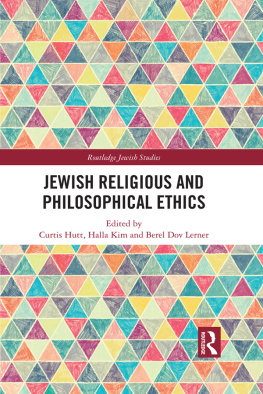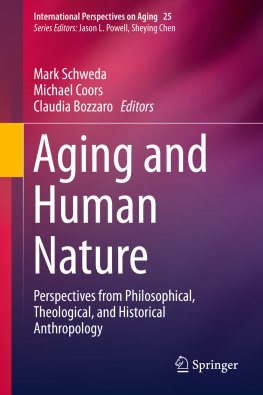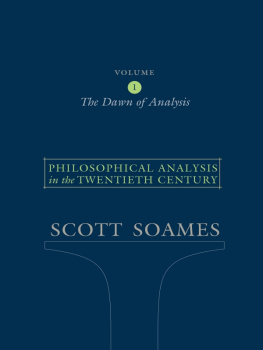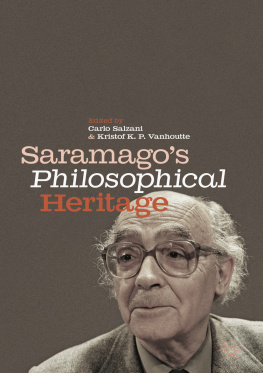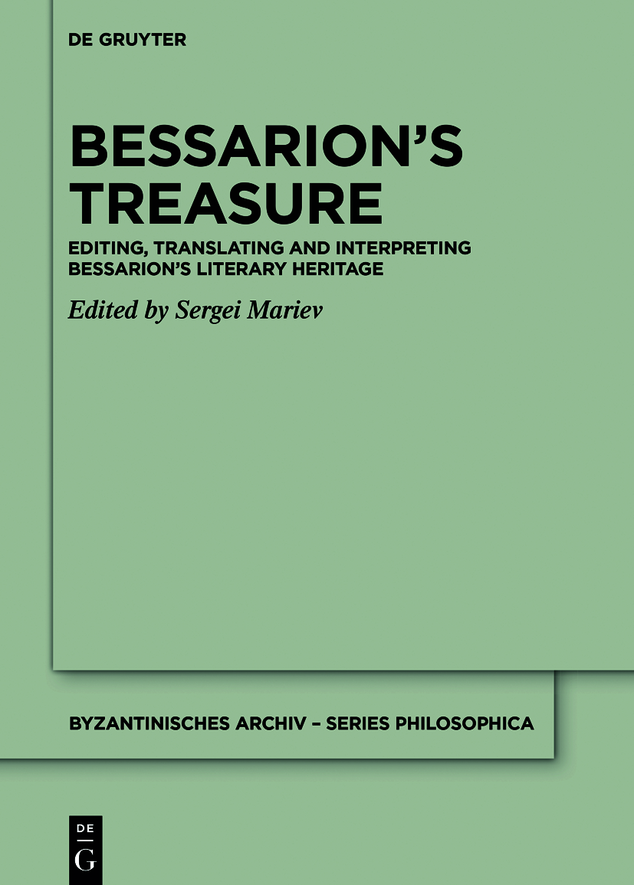Byzantinisches Archiv Series Philosophica
Edited by
Sergei Mariev
John Demetracopoulos
Jozef Matula
John Monfasani
Inmaculada Prez Martn
Brigitte Tambrun-Krasker
Volume
ISBN 9783110601800
e-ISBN (PDF) 9783110683035
e-ISBN (EPUB) 9783110683127
Bibliographic information published by the Deutsche Nationalbibliothek
The Deutsche Nationalbibliothek lists this publication in the Deutsche Nationalbibliografie; detailed bibliographic data are available on the Internet at http://dnb.dnb.de.
2021 Walter de Gruyter GmbH, Berlin/Boston
Cardinal Bessarion and the Latins
John Monfasani
Cardinal Bessarion spent more than half his life in the Latin West. If we combine his year and half at the Council of Ferrara-Florence in 1438 and 1439 and the thirty-two years between his return to Italy from Constantinople in late 1440 and his death in November 1472, he had lived amongst Latins for more than thirty-three of his nearly sixty-five years.
Once in Italy, Bessarion certainly learned Latin and Italian, and even some German. Indeed, in the next 34 years by virtually every plausible index Bessarion became a fully assimilated member of the Latin West, even if he kept the beard and habit of a Basilian monk.
But Bessarions relationship with Latin culture was far more problematic than just the issue of comparative skill in Latin and Greek.
We can start with the Franciscans. Bessarion became their Cardinal Protector in 1458, but his relationship with them had probably started before he settled into the papal Curia. As Remo Guidi has pointed out, The interlocutors in the dialogue are scholastic scholars associated with Bessarion, namely, the former General of the Franciscans and then cardinal Francesco della Rovere, the Franciscan theologian John Foxal, the Dominican theologian Giovanni Gatti, the secular theologian Fernando of Cordova, and Bessarion himself as the leader of the discussion and the determinator of each discussed issue. But right after the dedication copy (MS Vat. Lat. 9402 of the Biblioteca Apostolica Vaticana), which is also the codex unicus, of the De Arcanis Dei had been prepared, Francesco della Rovere was elected pope. Not wanting to lose an opportunity to ingratiate himself with the new pontiff, Benignus clumsily reversed the names of Bessarion and Della Rovere everywhere in the dedication copy. In other words, Bessarions intellectual leadership in the discussion was a fiction. He had no defined theological position within this very scholastic debate. He had only a position of honor as patron until he was pushed aside by an even greater patron.
Benignus dialogue was imaginary, but we know that Bessarion did oversee scholastic debates in Rome. The Dominican theologian Bartolomeo Lapacci de Rimbertini tells us of a disputation in the early 1460s on the procession of the Holy Spirit overseen by Bessarion in which he, Lapacci, debated a Franciscan theologian who was a domesticus of the Cardinal. It is highly improbable that Bessarion himself debated Palmieri, but what matters for our purposes is that Palmieri thought himself as defeating in the presence of Bessarion a Greek theological position upheld by Bessarion.
What we have to realize is that Bessarion never ceased to be a Byzantine theologian and that even after three decades in the Latin West was only fully comfortable thinking in Greek. He had written no theological work of any significance before the Council of Florence. It was only at the Council that he first emerged as a theological star. Apart from his interventions at the Council, the most famous of which was his Oratio Dogmatica, In short, Bessarion never really engaged with Latin theology beyond what interested him as a Greek theologian.
Even a seemingly quite neutral text such as his 1470 letter to Pope Paul II on the correct date of Easter and reforming the calendar only makes sense in terms of Most of the letter deals with the growing divergence between the solar year and the date of Easter in the Julian calendar; but in its last section, Bessarion essentially tells the pope to ignore everything he has just said because to change the calendar would cause division among Christians since backward areas would not have the astronomical knowledge to follow the new calendar. Not only is this letter absurdly contradictory, but the justification Bessarion gives for not instituting a reform of the calendar is also nothing short of silly, as if acceptance of a reformed calendar depended upon the learning of rural bishops. We do not know the context that provoked Bessarions letter, but clearly in the first part of the letter he wanted to establish his credentials as an expert in astronomy and the calendar before advising that nothing should be changed. He wanted to forestall any change in the date of Easter, I would argue, not because some distant part of the Latin Church would end up being be out of harmony with Rome, but because the Greek Church, now under Ottoman control, would have one more fundamental difference with Rome. To argue for the sake of the schismatic Greeks against a reform of the Roman calendar that was commonly recognized as needed would not have been a winning strategy. Hence, having established his credentials in the matter, he made his bizarre appeal to reject any reform for the sake of the more ignorant districts of Christendom.
Bessarions relationship with the Dominican Order confirms his restrictive Greek perspective. As we have seen, Bessarion knew Thomas Aquinas in the Greek translation of Demetrius Cydones before the Council, and he certainly studied Thomas treatment of the procession of the Holy Spirit. By the time he died, Bessarion owed almost all of Thomas writings in the original Latin as well as the writings of many other Dominicans, especially of Albert the Great; he even consulted with Bessarion concerning the translation. Cusanus peculiar brand of Latin Platonism simply did not appeal to Bessarion.
Bessarions signature work as a Latin intellectual has always been the 1469 In Calumniatorem Platonis, which was, in fact, originally written in Greek. Ludwig Mohler published the original Greek text of this work 77 years ago. I think it prudent to suppose that some, if not most, of the other Latin quotations found in the later redactions of the Greek text also originated with Bessarions clients rather than with Bessarion himself.
The most startling instance of Bessarions reliance on his familiares for his Latin erudition is the massive Bk. III that appeared for the first time in the 1469 Latin edition. The source for its Latin citations was a treatise by the Dominican theologian Giovanni Gatti that survives in a fragment containing between two thirds and three quarters of the original. In the corresponding chapters of Bk. III of the In Calumniatorem Platonis, every single Latin reference or citation, including medieval authorities such as Thomas Aquinas, Albert the Great, Averroes, Avicenna, John Duns Scotus, Henry of Ghent, Thomas Wylton, Peter Lombard, and Hilary of Poitiers, in addition to patristic sources such as Augustine and Ambrose, came from Gattis treatise. But this particular passage is the most important and largest one in Thomas for the issue at hand, the distance between the finite and the infinite, a passage that Gatti would not have omitted, and since all the other references to Thomas Sentences commentary are directly from Gatti, it is hard not to conclude that Bessarion learned of this particular passage also from Gatti, perhaps viva voce. Consequently, we can reasonably presume that the Latin references in the part of the Bk. III not covered in the extant fragment of Gattis treatise all derive from Gatti.


